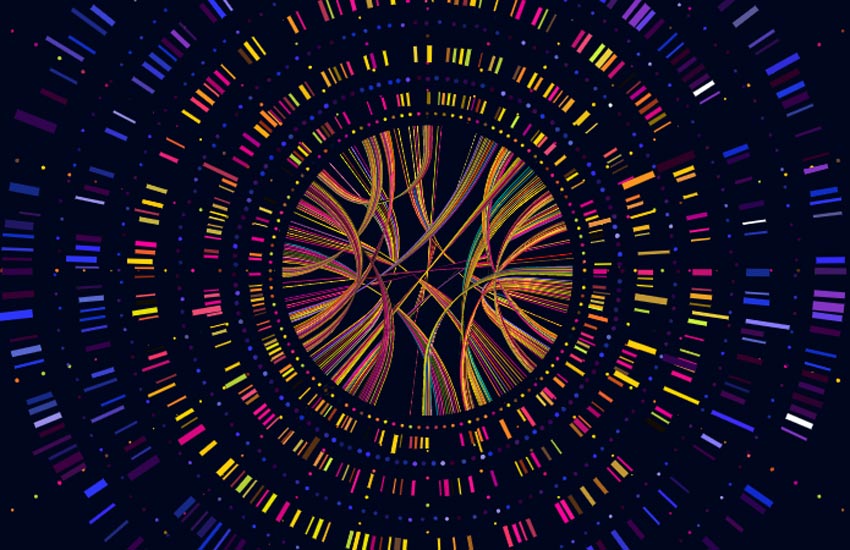Yesterday Nebula Genomics launched its blockchain platform and is offering consumers the possibility to have a whole genome sequence for free. For those who qualify for the free sequencing, although users won’t pay money for the process, they will provide the data to researchers in exchange for covering the cost. Most DNA tests such as 23andMe only perform partial genome sequencing and consumers pay for it.
Nebula‘s purpose is to advance biomedical research. If a consumer wants a free DNA test, they need to answer a series of health-related questions for which they will earn Nebula credits. The credits can go towards the DNA sequencing costs. The data is shared with pharma companies and academic researchers who may be interested in paying for the full sequencing costs.
For example, if your family has a history of a particular disease, or you suffer from an illness, your DNA data will be useful for researchers exploring medication or cures. But for research to really work, mass data is needed. 23andMe and ancestry.com still only cover a small fraction of the population.
“Nebula will enable individuals to get sequenced at much lower cost through sequencing subsidies paid by the biopharma industry,” said George Church, co-founder of Nebula Genomics and professor at Harvard Medical School and MIT. “We need to bring the costs of personal genome sequencing close to zero to achieve mass adoption.”
For Nebula, if a consumer doesn’t want to wait for researchers to review their data they can pay $99 and will get an analysis of their ancestry and inherited traits.
How blockchain is used
The genomic data is not stored on the blockchain. Nebula has a relationship with Veritas Genetics to store the data on Veritas’ Arvados open-source software platform. Arvados is the most widely used system for storing, sharing and analyzing genomic data.
The blockchain platform enables consumers to authorize access to their personal information and be compensated. Nebula users know who is requesting data and the purpose and can decline data access requests.
At this stage, researchers can pay for genomic sequencing. But because users retain ownership of their data, Nebula plans to create a marketplace. Hence, in future, a user will be able to share their data with additional researchers for compensation.
“For far too long, companies offering genetic testing have asked their customers to simply give away their valuable genomic data, and then have sold it without their knowledge,” said Kamal Obbad, CEO & Co-founder of Nebula Genomics. “We want to change this and make people feel comfortable about personal genome sequencing by enabling data sharing in a secure, transparent and equitable manner.”
Just three months ago Nebula announced its seed funding round of $4.3 million which included Khosla, Fenbushi Capital, and Mayfield.
Ledger Insights has previously written about non-monetary rewards for sharing DNA and how medical information can be securely shared.







